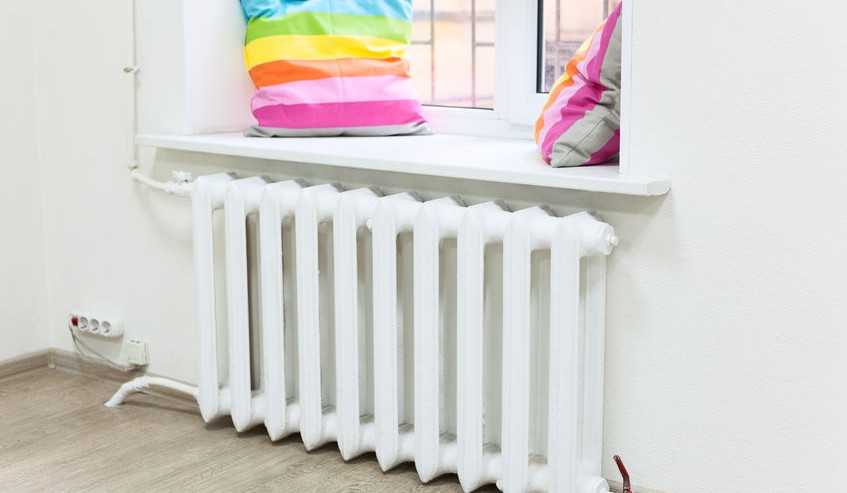What to Look for when Replacing Your Heating System
One of the most critical pieces of equipment in your home is your heating system. A good heating system will last your home 20 or more years. This means that if you are thinking about heating system replacement, you need to take time to carefully consider all of the options available to you (because of differences in costs and maintenance can sum on thousands of dollar). Here are some ways to go about making the task easier, as well as some options to consider.
Heating System Size
The first thing you need to do is pick the size of the heater you are looking to replace your old one with. It may not be as simple as you think. As your home ages and changes, you may actually currently have the wrong size heating unit. Having a properly sized heating unit is critical for a couple of reasons:
- Undersized units cannot adequately heat your home. You will find the unit is constantly running and unable to keep the temperatures you desire. This can lead to a premature failure of the unit.
- Oversized units will cycle too much. This means they will turn on and off frequently and abruptly, also causing undo wear and tear on the unit.
Your best course of action is to have a heating contractor assist you in choosing the proper size of your heating unit. They are best able to assess your needs and recommend what you should use in your home.
Energy Efficiency
The unit cost and contractor installation are only the beginning of the costs for your heating unit. It is going to be in operation nearly nonstop from late fall until the spring, which means it is consuming energy. The main thing to look for with a heating unit is the AFUE, or Annual Fuel Utilization Efficiency rating.
This rating tells you how effective the unit is in converting fuel to useable heat for your home. An AFUE rating of 85, for example, means that 85 percent of the fuel consumed goes to creating heat while 15 percent of it is lost. The higher the number, the more efficient the unit is.
Gas or Electric
The next thing you want to choose is what form of energy you will use to power your furnace. The two main types are gas and electric. Keep in mind that if you already have one type, your home may require some major modifications to switch to the other type. Weigh those costs versus energy savings and ask your heating contractor what they think would be best for your home.
Other Alternatives
If you live in a milder climate, you might want to consider an alternative to a traditional furnace. Heating systems like heat pumps or even geothermal heating may be an option for you depending on how cold the winters are. Before making a decision to go with one of these, contact your heating professionals to see what their opinion is on an alternative like a heat pump or geothermal energy source.
Are you in the market for a new heating and air conditioning system? Click here to get free custom quotes from reputable HVAC contractors. You’ll receive upfront pricing without having to invite a contractor to your home or even enter your contact information!
Related articles
Reduce Your Energy Bill with Proper Insulation
What Do the Different Energy Ratings for Heating and Cooling Systems Mean?
What Kind of Air Conditioner is Best for My Home?





Comments
Comments are disabled for this post